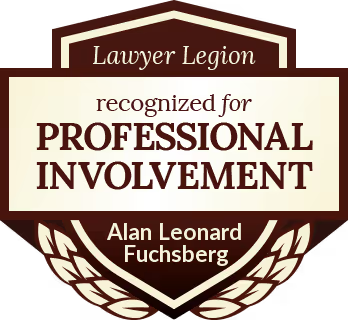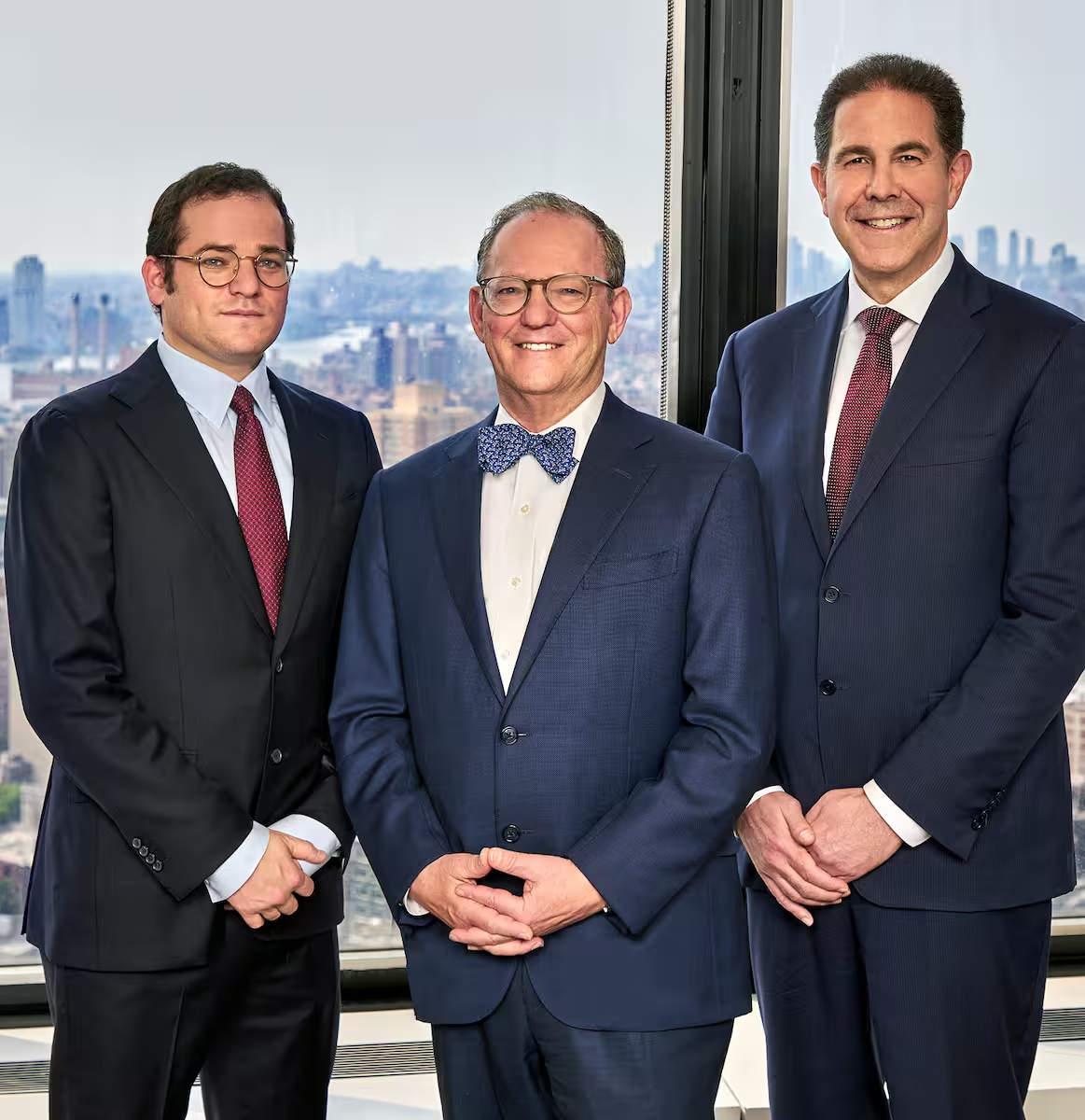What Is Malicious Prosecution?
Malicious prosecution occurs when someone, such as a police officer, prosecutor, or even a private party, knowingly initiates a criminal (or in some cases, civil) legal proceeding without probable cause and with malicious intent. The motive might be harassment, retaliation, an attempt to silence a complaint, or to conceal prior misconduct.

In New York, to file a successful malicious prosecution lawsuit, the following elements must be proven:
- The previous legal case ended in your favor (e.g., dismissal, acquittal, or dropped charges).
- The prosecution was brought without probable cause.
- The case was pursued with actual malice.
- You suffered damages such as emotional distress, reputational harm, or financial loss.
Malicious prosecution claims in New York are governed by state tort law and federal civil rights laws, most notably 42 U.S.C. § 1983. However, these cases can be legally complex. Doctrines like qualified immunity protect many government officials from liability, and strict deadlines and procedural rules apply, especially when suing public entities.
At Jacob D. Fuchsberg Law Firm, we handle both state and federal malicious prosecution claims. Our experienced attorneys know how to overcome these legal hurdles, build strong, evidence-based cases, and help you seek justice and full compensation for the harm you’ve endured.
#cta_start
Were You Falsely Accused in New York? Don’t Stay Silent.
You may be entitled to compensation if you were wrongfully charged or prosecuted without cause. Our experienced malicious prosecution attorneys in NY will fight to protect your rights, clear your name, and pursue justice on your behalf.
#cta_end
What Causes Malicious Prosecution and How to Know If You’re a Victim
Malicious prosecution often stems from deeper issues within law enforcement or the justice system. Some of the most common causes include:
- False arrests made without a proper investigation.
- Retaliation by police or prosecutors for filing complaints, asserting rights, or speaking out.
- Fabricated or coerced evidence, including false police reports or witness statements.
- Discrimination based on race, religion, gender, or other protected characteristics.
- Attempts to justify prior misconduct, such as covering up unlawful searches or excessive force.
- Withholding of exculpatory evidence, even when innocence is apparent.
You may have a valid claim if you were:
- Arrested or charged based on false or misleading information.
- Prosecuted despite clear evidence of your innocence.
- Targeted with criminal charges after reporting police misconduct or civil rights violations.
- Forced to defend yourself in court based on fabricated testimony or unsupported allegations.
Even if your case was ultimately dropped or dismissed, the damage to your life and reputation is real. At Jacob D. Fuchsberg Law Firm, we dig deep to uncover the truth behind your wrongful prosecution and fight to hold those responsible fully accountable.

Who Can Be Held Liable for Malicious Prosecution?
Malicious prosecution claims are not limited to law enforcement. Multiple parties may share responsibility when someone is falsely and maliciously prosecuted, especially if there is evidence of negligence, misconduct, or a pattern of systemic abuse.
Potentially liable parties include:
- Police officers who initiated criminal charges without probable cause, based on false reports, fabricated evidence, or personal retaliation.
- Detectives or supervisors who failed to properly investigate, ignored exculpatory evidence, or permitted constitutional violations to occur under their watch.
- Municipal entities such as the New York Police Department (NYPD) or the City of New York, if the malicious prosecution resulted from systemic failures, such as inadequate training, lack of supervision, or established patterns of misconduct.
- Private individuals or businesses who knowingly provided false information to police or prosecutors with the intent to have someone wrongfully charged. This often includes disgruntled coworkers, neighbors, former partners, or even corporate actors in cases involving whistleblowing or retaliation.
- Prosecutors, though they generally enjoy absolute immunity for actions taken within the scope of their official duties, may be held liable in rare cases where they step outside that role, such as by participating in investigative functions or knowingly advancing false charges outside of courtroom duties.
We’re committed to ensuring that every accountable party is named in your claim. Our goal is to secure justice for you and help prevent similar abuses from happening to others.
#cta_start
Don’t Let False Charges Destroy Your Life Without a Fight!
If you suffered financial loss, emotional trauma, or damage to your reputation after a wrongful prosecution, you have legal options. We’ll pursue full compensation for everything you’ve been through — and more.
#cta_end
What Damages Can You Recover in a Malicious Prosecution Case?
A successful malicious prosecution lawsuit can provide meaningful financial relief and recognition of the harm you’ve endured. Depending on the circumstances of your case, you may be entitled to compensation for:
- Emotional distress and psychological trauma. False criminal charges can result in anxiety, depression, PTSD, and lasting emotional harms — all of which are compensable under New York law.
- Loss of income and employment opportunities. Many individuals lose their jobs, face workplace stigma, or have difficulty finding new employment due to a pending criminal case, even if the charges are ultimately dropped.
- Damage to your reputation and standing. Even unfounded charges can permanently tarnish your personal and professional image. Reputational harm can affect everything from your relationships to your future housing or educational opportunities.
- Legal expenses and court costs. You may be reimbursed for attorney’s fees, court filing fees, bail, and other out-of-pocket costs incurred while fighting the false charges.
- Punitive damages. In particularly egregious cases, such as when law enforcement officers acted with reckless disregard for your rights, you may be entitled to punitive damages. These damages are designed to punish the wrongdoers.
- Future losses and medical expenses. If the prosecution led to ongoing medical or psychological treatment, or caused lasting economic consequences, those may also be included in your claim.
At Jacob D. Fuchsberg Law Firm, our experienced malicious prosecution attorneys in New York build compelling, evidence-backed claims designed to maximize your recovery and restore the life that was unjustly disrupted.
What to Do After Being Maliciously Prosecuted in NYC
If you believe you were wrongfully prosecuted, taking the right steps early is critical to protecting your legal rights and maximizing your chances of recovering damages. Malicious prosecution cases are complex and time-sensitive, so swift action can make a major difference in the outcome.

Here’s what you should do immediately:
Secure Official Documentation
Obtain certified copies of the dismissal order, acquittal, or court record confirming that the case ended in your favor. This is a required element of any malicious prosecution claim.
Contact a New York Malicious Prosecution Lawyer
Do not wait to seek legal advice. Many victims don’t realize they have a malicious prosecution case until speaking with a qualified attorney. An experienced attorney can quickly assess your case, identify liable parties, and start preserving critical evidence before it’s lost or destroyed.
Preserve All Forms of Evidence
Save everything related to your arrest and prosecution — emails, text messages, audio or video recordings, police paperwork, witness statements, photographs, social media posts, and more. The more documentation you have, the stronger your claim will be.

Document the Impact on Your Life
Keep detailed notes and receipts that show how the false charges affected you, such as missed work, mental health treatment, lost income, eviction, or relationship strain. Medical records, therapy notes, and employment records can all be valuable.
Avoid Direct Contact with the Involved Parties
Whether it’s the arresting officer, a prosecutor, or a civilian who made false allegations, do not confront or communicate with them without legal representation. Anything you say or do could be used against you later.
At Jacob D. Fuchsberg Law Firm, we know how overwhelming this process can be. Our legal team will walk you through each step and take swift action to protect your rights, preserve evidence, and position your case for success from day one.
How Long Do You Have to File a Malicious Prosecution Claim in New York?
There are strict deadlines for filing these claims, and missing them can bar your case entirely:
- State law claims against public agencies require a notice of claim within 90 days, and the lawsuit must be filed within one year and 90 days.
- Federal civil rights claims under § 1983 have a three-year statute of limitations. Section 1983 does not provide a statute of limitations, leaving courts to apply the statute of limitations for personal injury claims in the state where the lawsuit is filed. In New York, that would be 3 years from the date of the incident.
Why Choose Jacob D. Fuchsberg Law Firm?
When you’ve been wronged by the very system meant to protect you, you need a legal team with experience, empathy, and proven results. Here's why New Yorkers trust us:

.svg)


- Decades of civil rights litigation experience: We’ve handled complex cases involving police misconduct, wrongful prosecution, and abuse of power throughout New York City.
- Aggressive representation with compassion: We’re fierce in the courtroom and compassionate with our clients, because we understand the emotional toll this process takes.
- No fees unless we win: We take malicious prosecution cases on a contingency basis. You don’t pay us unless we recover compensation for you.
- Bilingual legal support: We proudly offer legal services in both English and Spanish. Our team is here to ensure that every client, regardless of language, receives clear communication.

.svg)


.svg)
.svg)

.webp)













.svg)

.svg)
.svg)




.avif)



